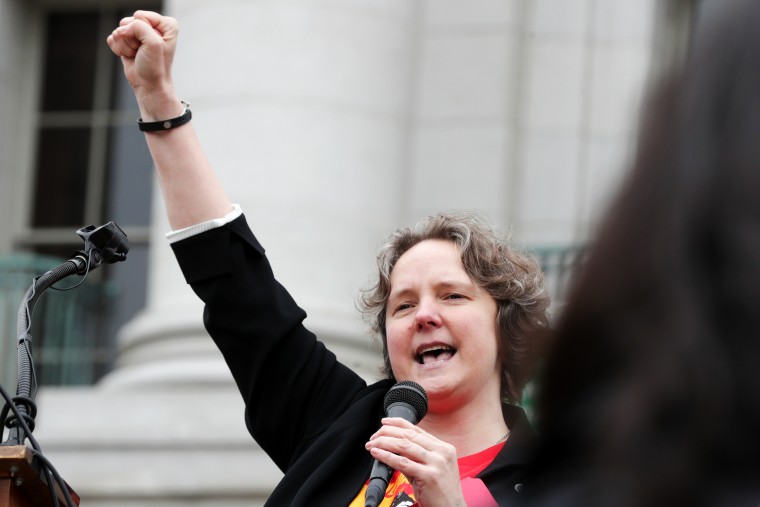The growing phenomenon of free cash programs sweeping across several cities worldwide represents an innovative approach to alleviating poverty. These pilot projects, also known as Guaranteed Income Programs, are redefining the traditional welfare system by providing low-income or unemployed individuals with monthly cash payouts, no-strings-attached. This fascinating trend has significant implications for poverty alleviation policy structure and socio-economic mobility.
One key feature that sets free cash programs apart from typical welfare systems is their unconditional nature. Unlike conventional welfare schemes, where recipients must typically meet certain requirements or spend their benefits on specified goods or services, free cash programs put no restrictions on how the money should be spent. This hands the recipients a remarkable amount of financial freedom and autonomy, quashing the stereotype correlating poverty with financial irresponsibility.
Cities such as Stockton in California, USA, have laid down the blueprint for these cash programs. The city piloted a universal basic income plan, wherein 125 residents who lived below the city’s median income line received $500 per month for two years. Preliminary analysis of this pilot program painted an encouraging picture, with recipients demonstrating prudent financial decision-making while cutting down on debt and enjoying increased full-time employment.
In Canada, the Ontario Basic Income Pilot ran from 2017-2018, disbursing payments to nearly 4,000 participants. Early results showed the program substantially improved recipients’ mental health, enabling them to invest more in education and better nutrition, contributing to their well-being and socio-economic upliftment.
While detractors argue that such programs could breed complacency and discourage seeking employment, empirical evidence has largely debunked this claim. Instead, these cash injections often allow recipients greater flexibility in finding meaningful, stable employment instead of clinging to precarious or low-paying jobs out of desperation. Moreover, the additional financial security also fosters enhanced mental well-being, functioning as a psychological safety net.
Proponents of the free cash programs emphasize their potential to offset rising income inequality and create a more equitable society. In line with this, Barcelona is launching B-Mincome, a guaranteed income scheme, aiming to reduce the city’s poverty levels and increase social inclusion. In Finland, an experiment conducted on long-term unemployed residents involved providing them with monthly payments regardless of whether they found employment later.
Tech moguls like Jack Dorsey, CEO of Twitter and Square, have backed these initiatives by making significant financial contributions. Dorsey donated $15 million to support similar pilot programs across 35 cities in the USA.
Evidence from these pilot schemes points to a promising horizon for free cash programs. However, long-term analysis will be crucial to evaluate these initiatives’ feasibility at larger scales. Nevertheless, as these programs continue to gain traction, it is safe to say that they are altering how cities approach poverty alleviation while expanding the safety-net for the most vulnerable, deserving members of the society.




